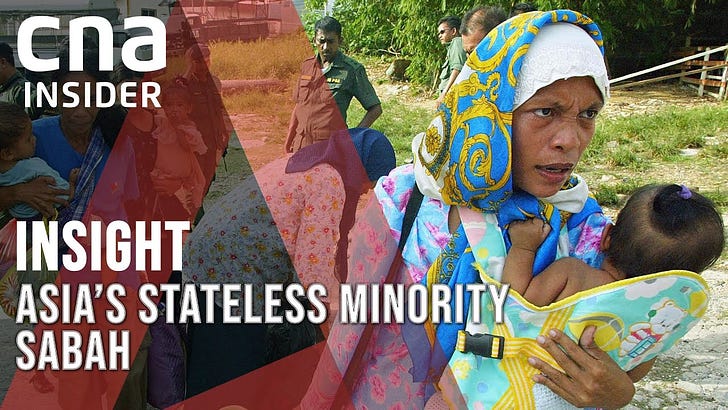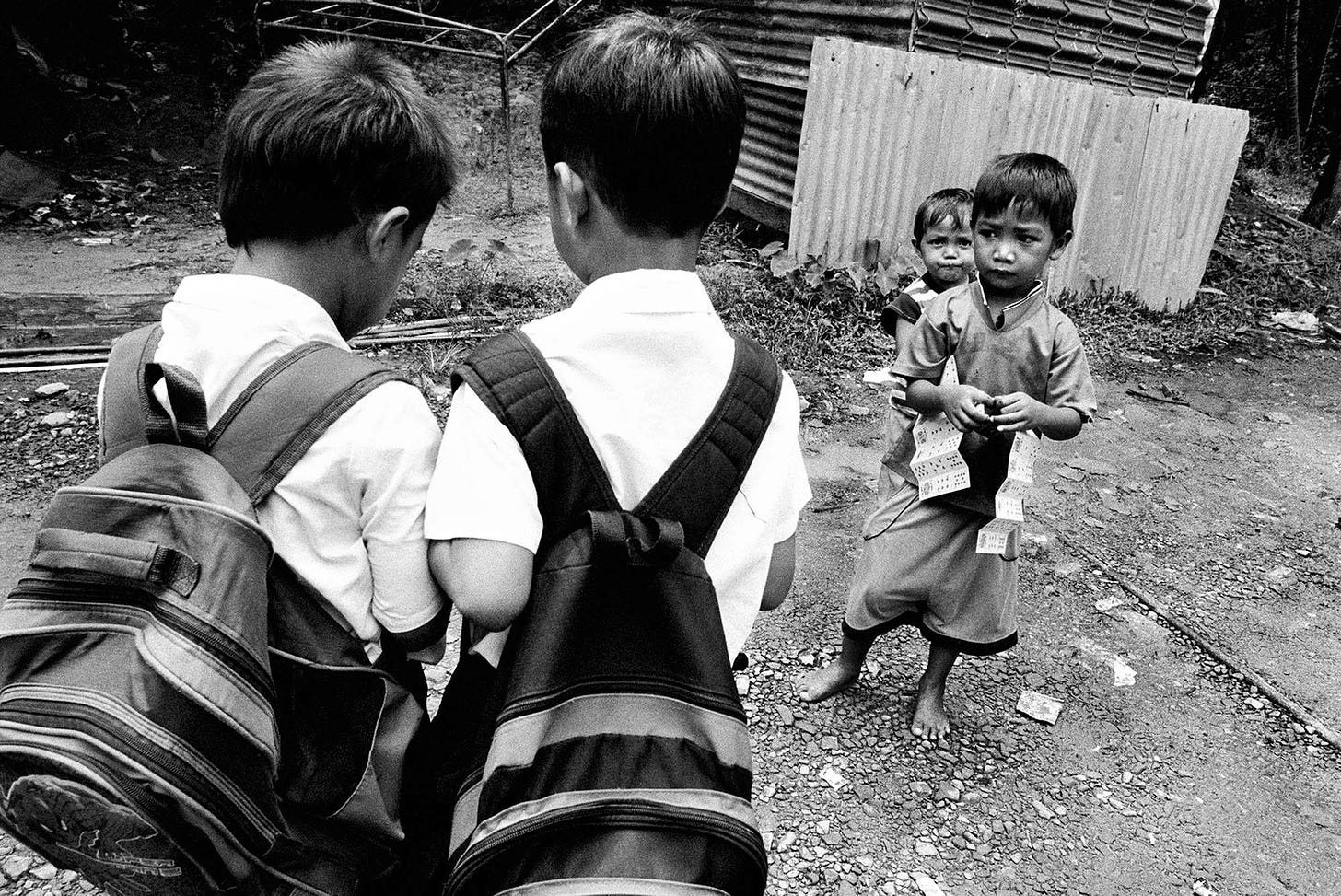Great disappointment with the new citizenship constitutional amendments
The plight of the stateless is now even greater under this new law
Much anticipated changes to the rights to citizenship were dashed last week with a new constitutional amendment which actually restricted the gamut of eligibility for Malaysian citizenship.
Children born overseas with one Malaysian parent are now eligible for citizenship. That was a victory for many overseas mothers who wished their offspring to have Malaysian citizenship.
However, although the constitutional amendment corrected gender discrimination, where children of Malaysian mothers overseas were previously denied Malaysian citizenship, the amendment wasn’t retrospective. Thus, thousands of children are still denied any opportunity to take up Malaysian citizenship, who were born overseas with a Malaysian mother before the constitutional amendment.
There was also disappointment in other important areas. There are over one million undocumented people in Malaysia today, which includes more than 100,000 children who were born in Malaysia.
Children can only apply for citizenship after they turn 18. Although this has been lowered from 21, many miss the rights of a citizen to public education, health care, and the right to work. This puts undue stress upon many families.
In addition, the amendment allows citizenship to be revoked from any foreign spouses of Malaysian men, if their marriage ends within two years of their citizenship application. This could potentially keep women in abusive marriages.
Orphans and children of those who have permanent residence in Malaysia are now denied automatic citizenship. They must apply. For those children born outside of wedlock, the position is more difficult, as documentation may be incomplete, particularly if no father is on the birth certificate.
However, a major issue here is the awkward and slow bureaucracy. There is a massive backlog of citizenship applications, which have in some cases been pending for more than five years. Granting the ability to apply for citizenship is one thing, but bureaucratic barriers is another.
The amendments go no way to solving the issue of many stateless Orang Asli and Orang Asal, who are indigenous to Malaysia. Many within Orang Asli communities never obtained proper documentation at birth and are now paying the penalty of disbarment of citizenship. Other minority groups, which include indigenous groups in Borneo, and rural Indians fall into the same category. This is particularly the case in Sabah, where Project IC aimed at giving immigrants ‘papers’ to vote has disenfranchised their hopes of citizenship. Most of these people live in dire poverty and are not eligible for education and healthcare services. This has been the case for more than 40 years.
It’s a total injustice to allow indigenous peoples to remain stateless
The overall effect of the constitutional amendment will be increased statelessness of many marginal groups, who were hoping they would finally be recognised as Malaysian citizens. The ability of many groups to obtain citizenship is now actually more difficult than before the constitutional amendment.
Under this constitutional amendment around one million people will remain stateless people in Malaysia, marginalised without any rights to citizenship.
This means that many people who call Malaysia their home are trapped in poverty for another generation.
Subscribe Below:



